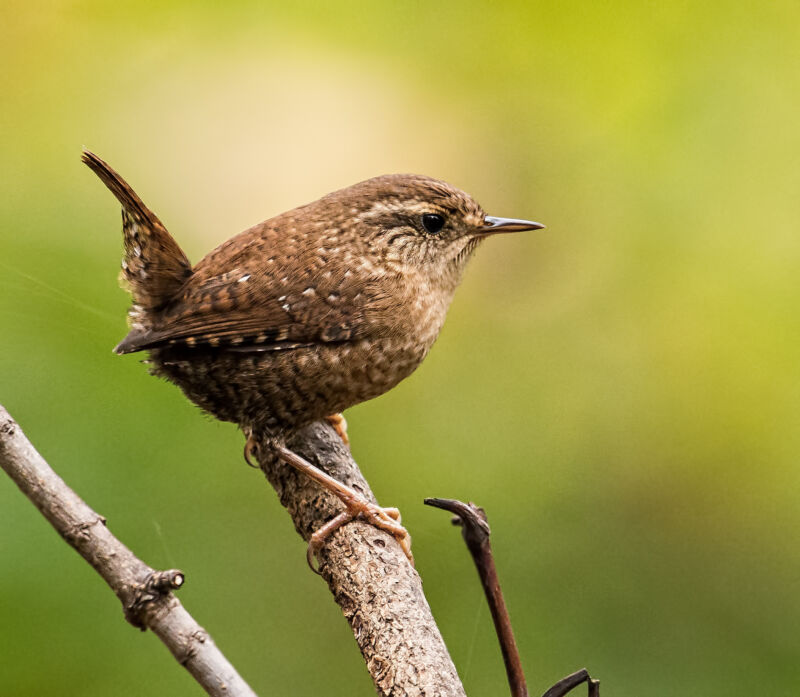City birds are changing their tune

Enlarge / The wren is a small brown bird found throughout the Americas. A study conducted in Costa Rica revealed that these birds change their song in the city to counteract the effects of noise produced by humans. (credit: Larry Keller, Lititz Pa./Getty Images)
Dawn breaks in San Jose, the capital of Costa Rica. The city is still asleep, but the early risers are greeted by a beautiful symphony: Hummingbirds, corn-eaters, yiguirros (clay-colored thrushes), yellow-breasted grosbeaks, blue tanagers, house wrens, warblers and other birds announce that a new day has arrived.
Soon the incessant noise of vehicles and their horns, construction, street vendors, and more take over, shaping the soundscape of the frenetic routine of hundreds of thousands of people who travel and live in this city. Then, the birds' songs will slip into the background.
The act of birdsong has two main functions in males: It is to attract females and also to defend their territory from other males," says Luis Andres Sandoval Vargas, an ornithologist at the University of Costa Rica. For females in the tropics, he adds, the primary role of their song is to defend territory. Thus, in order to communicate in cities, to keep their territory safe and find mates, birds must find ways to counteract the effects of anthropogenic noise-that is, the noise produced by humans.